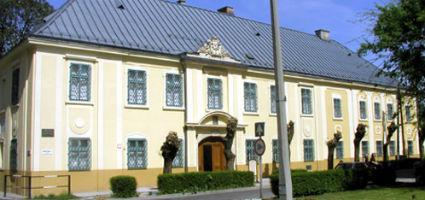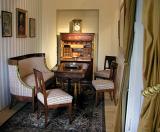2024. November 23. Saturday
Archibishop - Kalocsa
 |
Address: 6300, Kalocsa Hunyadi János u. 2.
Phone number: (78) 462-166 /210, (30) 575-0702
E-mail: kincstar@asztrik.hu
Opening hours: 01.04-31.10.: Tue-Sun 9-17
Also at other times on prior notice. |
